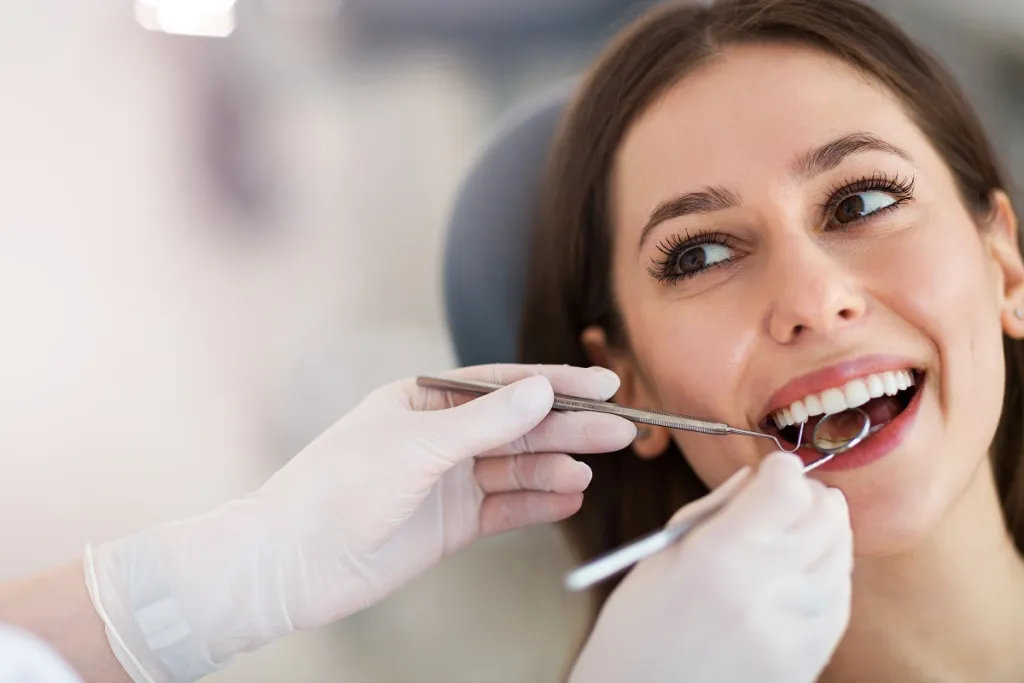
What Is Leukoplakia?
Noticing sudden changes in your oral health can be concerning, especially when peculiar white patches appear in your mouth. These patches might indicate leukoplakia, a condition characterized by excessive cell growth resulting in white or gray patches in the mouth. While usually harmless, certain types of leukoplakia can signal more severe underlying issues like oral cancer. Here’s a closer look at leukoplakia, its symptoms, risk factors, treatment options, and prevention methods.
Symptoms of Leukoplakia:
Leukoplakia often manifests as painless white or gray patches on the tongue, inner cheeks, or lips. These patches may also be present under dentures. In some cases, leukoplakia can cause hair-like projections alongside white patches, known as hairy leukoplakia. It’s essential to be vigilant for irregular or textured areas in the mouth, patches resistant to scraping, and red raised lesions, which could indicate pre-cancerous conditions.
Risk Factors for Leukoplakia:
While the exact cause of leukoplakia remains unknown, certain factors increase its likelihood. Smoking, using smokeless tobacco products, oral injuries, prolonged alcohol use, and inflammation are common contributors. Hairy leukoplakia, associated with the Epstein-Barr virus (EBV), often occurs in individuals with compromised immune systems, such as those with HIV.
Treatment Options for Leukoplakia:
Leukoplakia patches typically resolve within two weeks. However, if they persist, it’s advisable to consult a dentist for evaluation. Dentists may conduct biopsies to assess tissue affected by leukoplakia and determine the appropriate treatment. Management often focuses on preventing lesions from progressing to cancer. Treatment may involve counseling to address tobacco or alcohol use, medications to clear patches, or surgical removal for persistent lesions.
Prevention Tips for Leukoplakia:
To reduce the risk of leukoplakia, consider the following preventive measures:
- Avoid tobacco products
- Limit alcohol consumption
- Maintain a balanced diet rich in fruits and vegetables
- Consider Vitamin A and beta-carotene supplements
Regular dental check-ups are crucial for early detection and successful treatment of leukoplakia. If you experience any symptoms, prompt consultation with a dentist can improve treatment outcomes.
